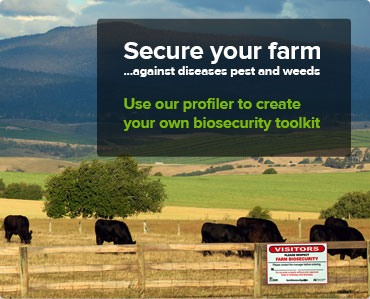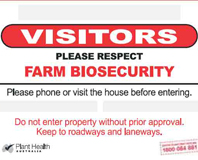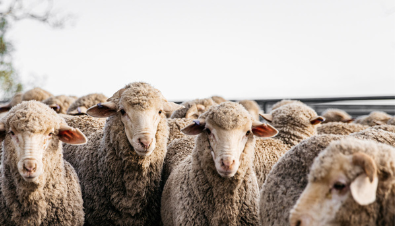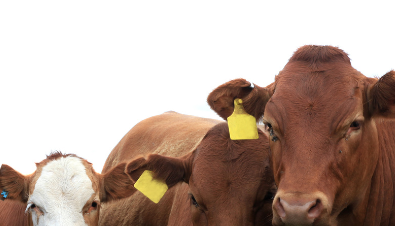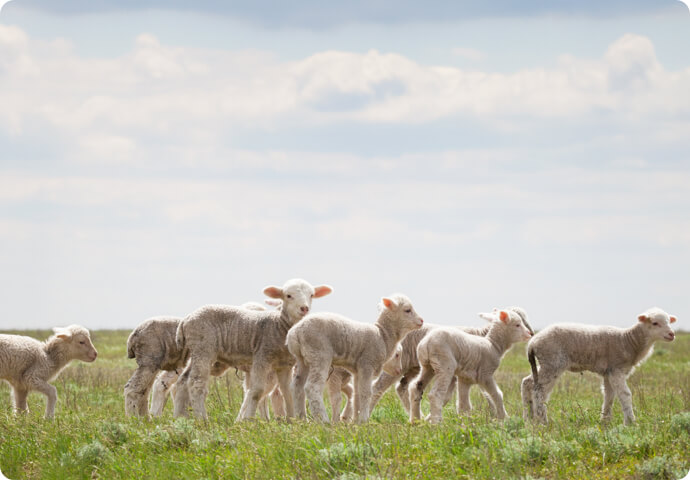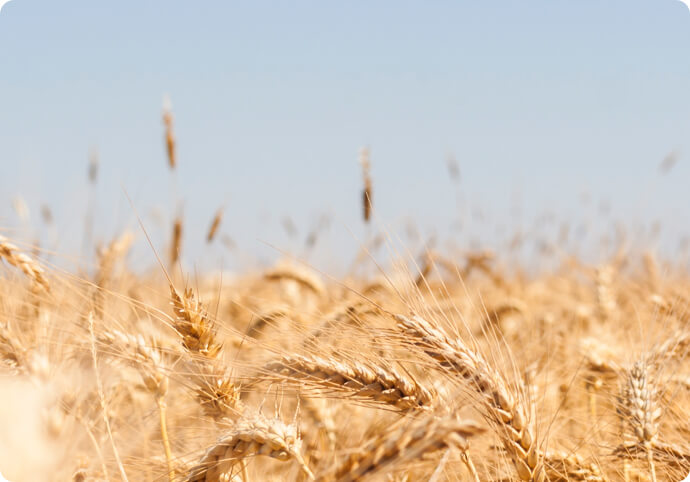Farm Biosecurity has a number of materials to help you implement biosecurity measures on your farm. These include industry plans and farm manuals, checklists, animal declaration forms, health statements and plant pest fact sheets.
Create your own biosecurity toolkit
Use our profiler to create your own biosecurity toolkit. Simply select the livestock and crops that are specific to your farm and the profiler will muster all the information from the farm biosecurity website that is relevant.
More
Videos
We’ve created a series of videos based on the biosecurity essentials to help you to implement biosecurity on-farm. The videos highlight the simple but effective measures you can use to secure your farm from diseases, pests and weeds.
Watch the videos
Biosecurity plans & manuals
A manual contains information to help producers to implement biosecurity on-farm. The content of manuals varies, but they usually contain an overview of biosecurity, fact sheets to identify the high priority pests of a crop, tips on crop management, and how to manage people, vehicles and equipment to minimise biosecurity risks. Manuals may also contain a biosecurity self-assessment list, and templates for surveillance, vehicle cleaning and visitor records.
More
Johne’s disease frequently asked questions
Animal Health Australia has created an FAQ page for producers implementing on-farm biosecurity plans for the Johne’s Beef Assurance Score (J-BAS) program and Livestock Production Assurance (LPA) program.
View the FAQ
Gate sign
Signs can be used to indicate to visitors the importance of following biosecurity procedures on your property. The Farm Biosecurity gate sign templates are actual size ( 900 x 600 mm) and can be used by signwriters to print warning signs on a range of different materials. Include contact details in the space provided.
Gate sign template
Animal health declarations and statements
National animal heath statements, show health declarations and venue audits are a means by which producers can provide information about the animal health status of their flocks and herds.
More
Biosecurity records
An important part of farm biosecurity, and also of managing your business, is ensuring staff are well trained, that you have the ability to trace where animals or plants have come from and where they went and that you have records of purchases, sales and movements.
More

